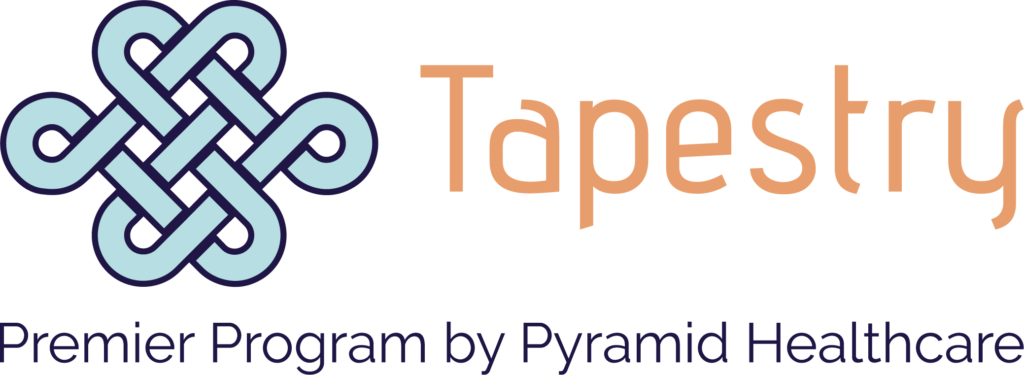Diet Pills and Eating Disorders: Are They Connected?
Diet pills are marketed in all sorts of ways to people who want to lose weight. These pills promise reduced feelings of hunger and make extraordinary weight-loss claims. Promises such as these have allowed the weight-loss industry to make staggering profits from diet pill sales.
People who are consumed with thoughts of weight loss often gravitate to diet pills as one of many methods they may use to control weight. However, using these pills can exacerbate an unbalanced relationship with food and ultimately compromise health.
Surveys have estimated that as many as 30 million people in the U.S. are experiencing an eating disorder like anorexia nervosa or bulimia nervosa.1 Many of these individuals also abuse diet pills. The connection between diet pills and eating disorders is real, but the connection is multi-faceted. This relationship is worthy of further comprehensive research and continues to be studied.
The Connection Between Diet Pills and Eating Disorder Characteristics
One study published in 2008 uncovered a connection between the prevalence of diet pill usage and the presence of other characteristics and behavior patterns in individuals. The higher a person’s BMI, the more likely they were to use diet pills as part of their weight-control efforts.2 Other characteristics associated with diet pill usage included the presence of weight-loss behaviors such as vomiting and other purging actions, anxiety, and other psychological disorders, including substance abuse.
Relying on Diet Pills Can Lead to Disordered Eating
Not everyone who uses diet pills has an eating disorder, but abusing diet pills can lead to the development of an eating disorder. Taking a pill to lose weight sidesteps routine bodily functions. Reducing the sensation of hunger is not something that is sustainable or beneficial long-term.
Hunger is a sign that the body needs fuel; we need to eat to provide energy for our actions. Suppressing this feeling of hunger with a pill may have a temporary effect, but as hunger pangs continue to grow, the individual may begin to use more diet pills, and tolerance to the pills may develop. Compulsively taking a pill to quash normal feelings of hunger can set a person on a path toward developing an eating disorder.
Diet pills are not a sustainable form of weight loss, and they don’t contribute to balanced eating patterns.
The Terrible Tag Team
When a person is using or abusing diet pills while also experiencing an eating disorder, their body is at a significantly increased risk for developing serious medical conditions.
A person experiencing an eating disorder is already at risk for developing medical problems such as electrolyte imbalances that can lead to irregular heartbeat, gastric rupture, fainting, dehydration, and other serious and sometimes life-threatening problems. Diet pills on their own can lead to health problems like heart palpitations, dizziness, confusion, shortness of breath, and intestinal problems. Together, these problems can be devastating, which makes treatment absolutely essential.3
Diet pills may be part of the cause of an eating disorder, but they also may be a symptom of an eating disorder. In either case, treatment is important. Diet pill abuse and eating disorders are categorized as mental health conditions that involve powerful psychological and behavioral dependencies. The best way to effectively manage these issues is to get into a high-quality treatment program that helps put you on the path to recovery.
References:






